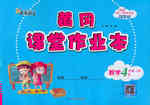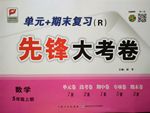题目内容
95. One man shouted at the boy, “Be ________, boy! What’s the matter with you?
A. quite B. quietly C. quiet D. Silently
C

练习册系列答案
 黄冈课堂作业本系列答案
黄冈课堂作业本系列答案 单元加期末复习先锋大考卷系列答案
单元加期末复习先锋大考卷系列答案
相关题目
-----I followed your advice on how to learn English, but I am still poor in it. Why?
------Well, __________.
| A.all is well that ends well. | B.one man’s meat is another man’s poison. |
| C.no pains, no gains. | D.no sweet without sweat. |